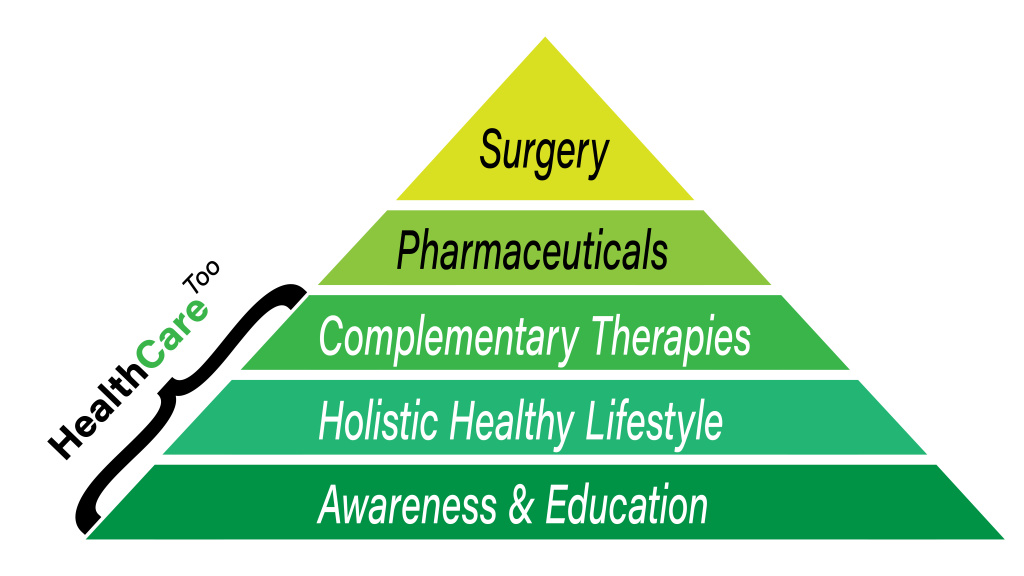Toxic Stress
Childhood is the formative years. Unfortunately, toxic stress is a negative that can form during childhood and can manifest in physical and mental health concerns. Lifestyle is not simply what we eat but it covers our interactions (or lack thereof) with people, Nature, and more. Adverse Childhood Experiences (ACEs) can corrupt the formative childhood.
As with many other afflictions, toxic stress is not something we can address with pills and medical procedures alone. This is a problem that requires a multi-faceted approach to cure or alleviate.
Medical professionals and researchers have long studied the impact of adverse childhood experiences (ACEs) and lifelong mental health and addiction. Now awareness is growing of the link between childhood trauma on long-term physical health.
The more ACEs a person suffers as a child – divorce, domestic violence, family members with addiction, et cetera – the higher the risk of problems later in learning, mental and physical health, even early death.
That’s because people with ACEs are more likely to experience “toxic stress”—repeated, extreme activation of their stress response.
Toxic stress affects the developing brain, the immune system, the cardiovascular system, and the metabolic regulatory system, says Al Race, deputy director of the Center on the Developing Child at Harvard. It dramatically increases the risk of hypertension, heart disease and diabetes, among other costly health conditions.
Children with four or more ACEs are four times more likely to suffer from depression in their lifetimes, eight times more likely to become alcoholics and 20 times more likely to use intravenous drugs, research shows. Those who are exposed to very high doses of adversity without caring adults to help can have more than double the lifetime risk of heart disease and cancer, and a nearly 20-year difference in life expectancy.
For more information please see www.usatoday.com
You might also be interested in Anxiety is expensive: Employee mental health costs rise twice as fast as all other medical expenses




